An eco-friendly coffee estate and farm specializing in high quality washed Robusta coffee
Visit Clarke Farm and experience the amazing hilltop views, explore the river and forest walks, try the activities such as bouldering and mountain biking, walk or jog on the farm trails or have an exciting guided tour of the farm by Jeep. Round off your stay by roasting some Clarke Farm coffee and enjoying the fresh locally prepared dishes.
WHO We are
Clarke Farm is a 1,500 acre farm located in Katambale, Kyarusozi Kyenjojo district in Uganda. Approximately half the farm is planted in Robusta coffee. Other crops include Eucalyptus, Macadamia, Irish potatoes, Maize, Mangoes and Oranges.
OUR FARM Projects
Clarke farm Coffee
Clarke farm has seven hundred acres of coffee, mainly Robusta, with a few hectares of Arabica. The farm produces its own seedlings, mainly clonal coffee, in its nursery. The seedlings are planted at a spacing of 2.5 by 3.0 metres and produce coffee in the third year. On the seventh year the coffee is pruned back to one stem so that it generates young shoots and becomes even more productive. The main coffee harvest is between November and March with the fly crop in June. Freshly picked red cherry is pulped in the wet processing factory. This coffee is then sundried and stored as parchment. When ready for sale the parchment is hulled and graded in the ‘dry line’ ready for export. The washed Robusta coffee generally scores 80 – 82 on cupping with a rich full bodied taste and good acidity.


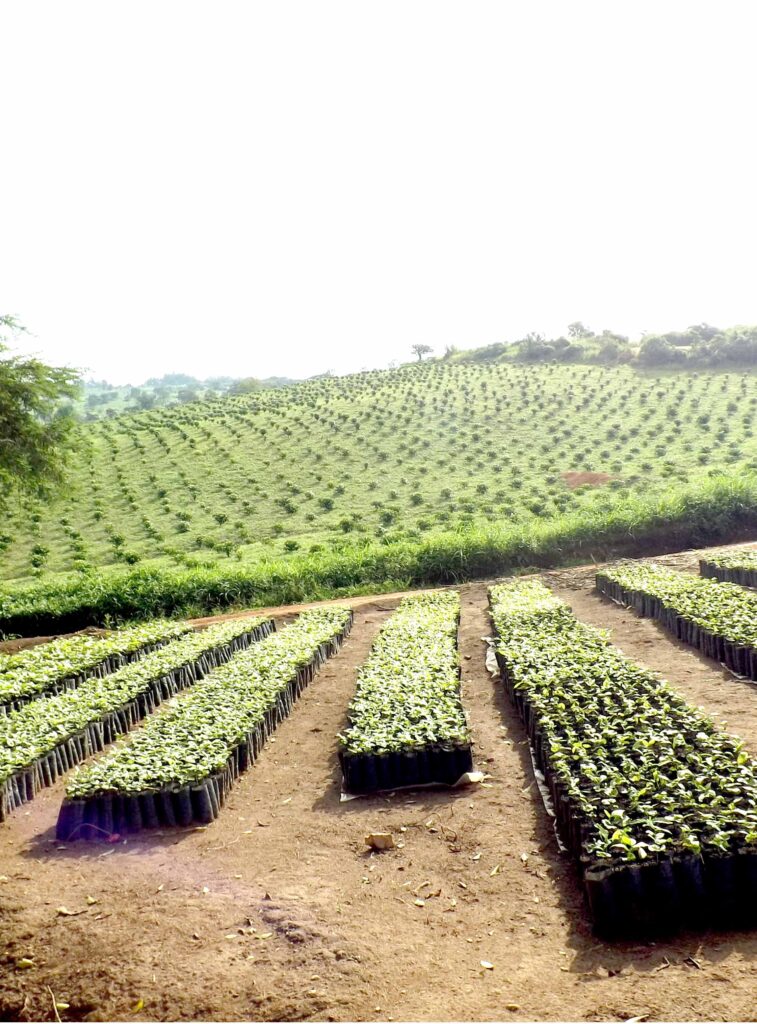







Clarke farm Coffee
Clarke farm has seven hundred acres of coffee, mainly Robusta, with a few hectares of Arabica. The farm produces its own seedlings, mainly clonal coffee, in its nursery. The seedlings are planted at a spacing of 2.5 by 3.0 metres and produce coffee in the third year. On the seventh year the coffee is pruned back to one stem so that it generates young shoots and becomes even more productive. The main coffee harvest is between November and March with the fly crop in June. Freshly picked red cherry is pulped in the wet processing factory. This coffee is then sundried and stored as parchment. When ready for sale the parchment is hulled and graded in the ‘dry line’ ready for export. The washed Robusta coffee generally scores 80 – 82 on cupping with a rich full bodied taste and good acidity.
Forestry
Clarke Farm has planted 470 acres of trees, with the majority being Eucalyptus. Block A, planted in Sept 2016, are clonal GU and will be ready for harvesting for poles in 2023, or for timber in a further three years. The other blocks are mainly GC and will be ready for harvest over the next five years.
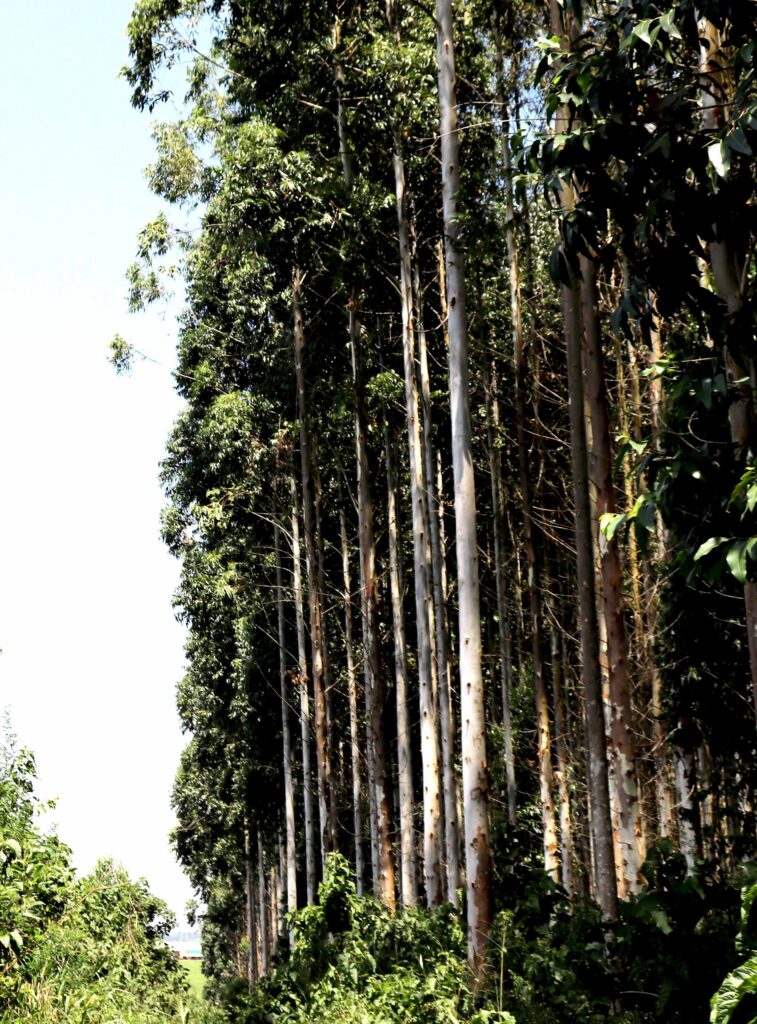

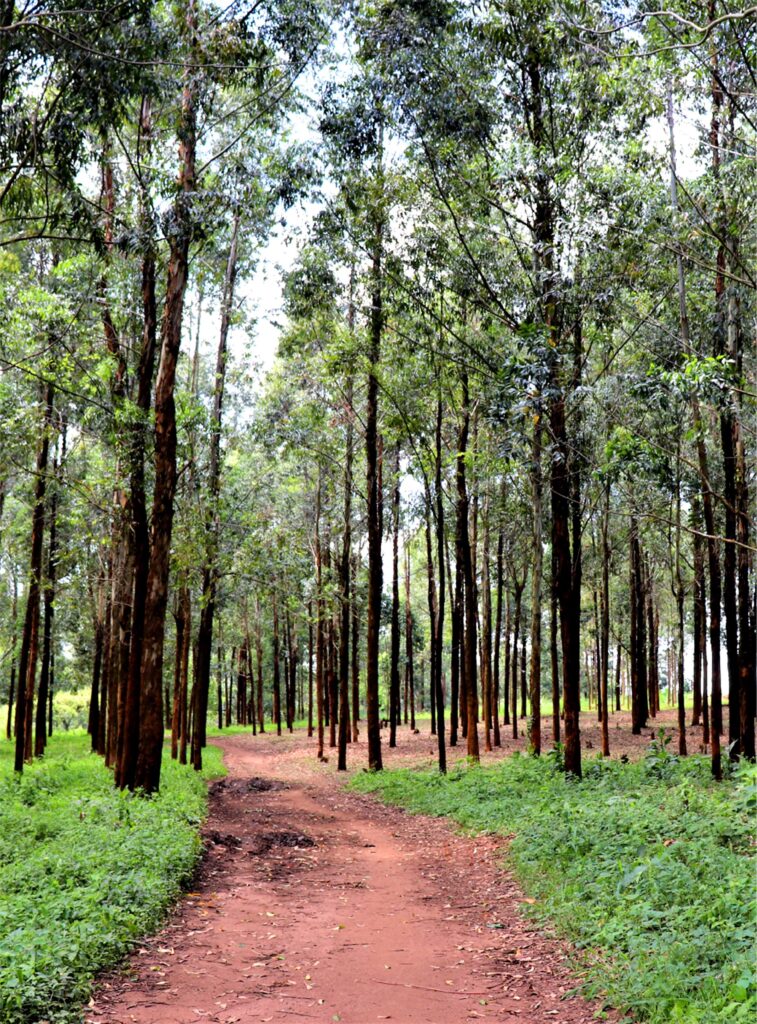


Forestry
Clarke Farm has planted 470 acres of trees, with the majority being Eucalyptus. Block A, planted in Sept 2016, are clonal GU and will be ready for harvesting for poles in 2023, or for timber in a further three years. The other blocks are mainly GC and will be ready for harvest over the next five years.





Conservation
There are several rivers and streams running through the farm in which the natural canopy and ecosystem has been preserved and added to through planting Bamboo, palms and indigenous trees. Several hectares of the farm have been planted out in indigenous trees alone to make a small forest. Shade trees have been planted throughout the coffee, with the aim of providing 30% shade. The farm borders an ancient natural forest that was under threat from charcoal makers who were cutting down the trees. This was stopped and areas bordering the natural forest have been planted with new trees with some coffee interspersed to give forest coffee. Fruit trees have also been planted on the farm - Mangoes and oranges, plus macadamia trees.





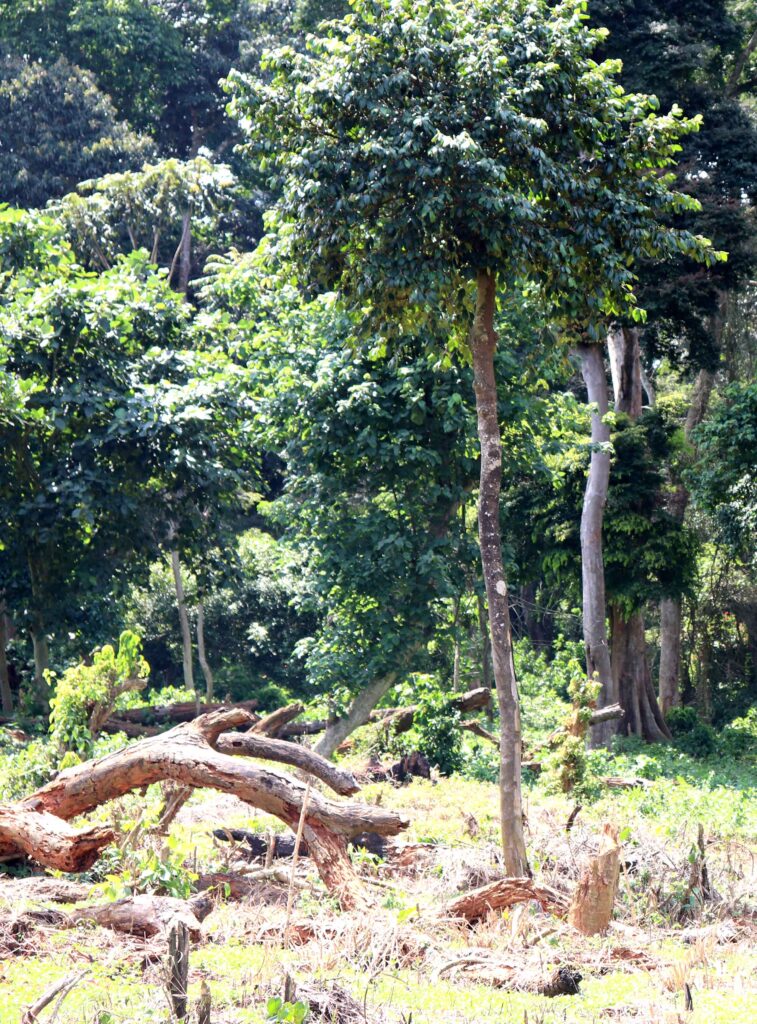










Conservation
There are several rivers and streams running through the farm in which the natural canopy and ecosystem has been preserved and added to through planting Bamboo, palms and indigenous trees. Several hectares of the farm have been planted out in indigenous trees alone to make a small forest. Shade trees have been planted throughout the coffee, with the aim of providing 30% shade. The farm borders an ancient natural forest that was under threat from charcoal makers who were cutting down the trees. This was stopped and areas bordering the natural forest have been planted with new trees with some coffee interspersed to give forest coffee. Fruit trees have also been planted on the farm - Mangoes and oranges, plus macadamia trees.
Irish Potatoes
Seed was procured from the Netherlands (Taurus and Markie varieties) from which both seed and potatoes are produced. The seed is sold to smallholder farmers in conjunction with Fica Seeds and the potatoes are supplied to restaurants and potato crisp manufacturers.


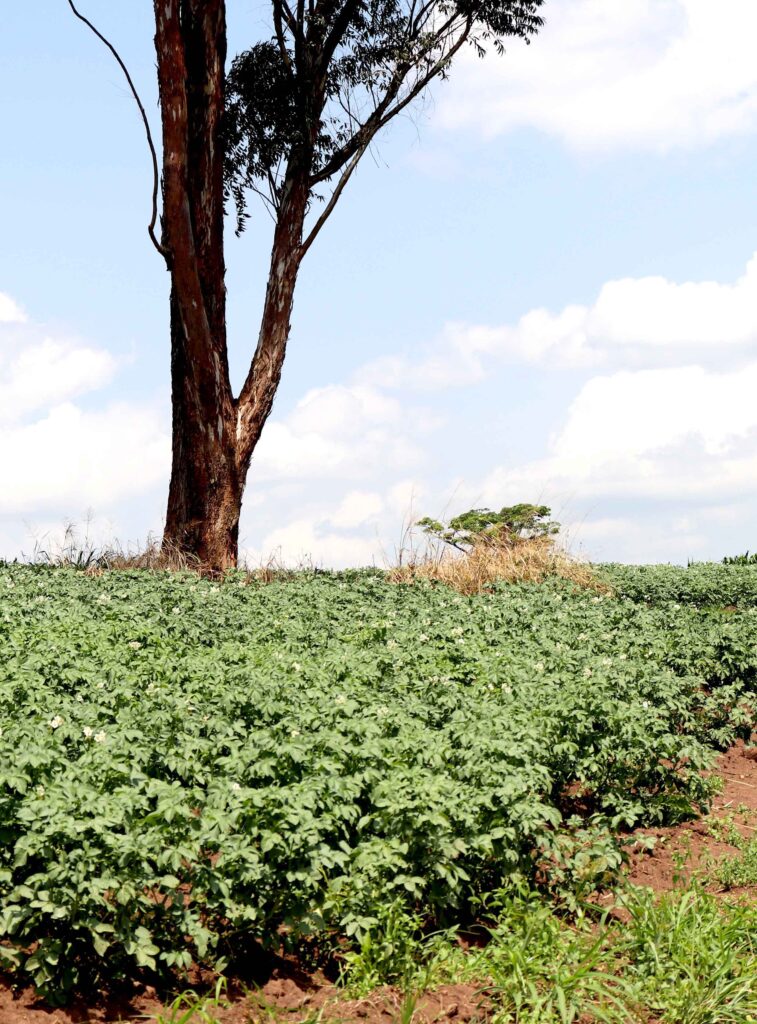

Irish Potatoes
Seed was procured from the Netherlands (Taurus and Markie varieties) from which both seed and potatoes are produced. The seed is sold to smallholder farmers in conjunction with Fica Seeds and the potatoes are supplied to restaurants and potato crisp manufacturers.




Maize
Maize has been planted on the flatter areas of the farm where there is no risk of erosion. The maize is milled on the farm to provide posho flour to feed the workers, and maize bran used in the chicken feed mill to feed the laying hens. Chicken manure is spread on the land when it is fallow which reduces the need for artificial fertiizer.






Maize
Maize has been planted on the flatter areas of the farm where there is no risk of erosion. The maize is milled on the farm to provide posho flour to feed the workers, and maize bran used in the chicken feed mill to feed the laying hens. Chicken manure is spread on the land when it is fallow which reduces the need for artificial fertiizer.
Fruits and Nuts
Mangoes, oranges and limes have been planted as a grove, plus macadamia.



Fruits and Nuts
Mangoes, oranges and limes have been planted as a grove, plus macadamia.



Egg Production
Maize bran is used to produce chicken feed for up to 10,000 laying hens. The eggs are sold to local vendors. The chicken manure is either spread on the land used for maize growing or mixed with other vegetative matter including maize cobs and coffee pulp to produce compost which is applied to areas of the farm which are less fertile.
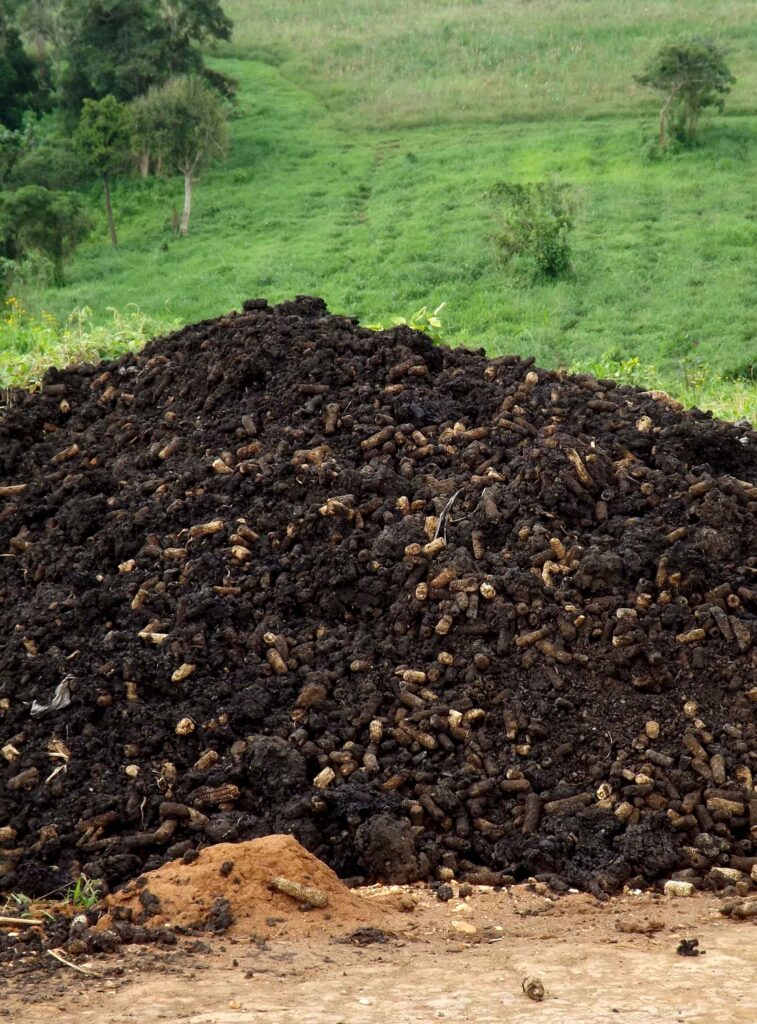



Egg Production
Maize bran is used to produce chicken feed for up to 10,000 laying hens. The eggs are sold to local vendors. The chicken manure is either spread on the land used for maize growing or mixed with other vegetative matter including maize cobs and coffee pulp to produce compost which is applied to areas of the farm which are less fertile.
Goats
120 goats graze on an area of pasture reserved for them. The goat manure is used for the matoke and fruit trees. The young female goats are kept for breeding while the males are fattened and sold for meat. The Billy goats are changed regularly so as to prevent inbreeding.


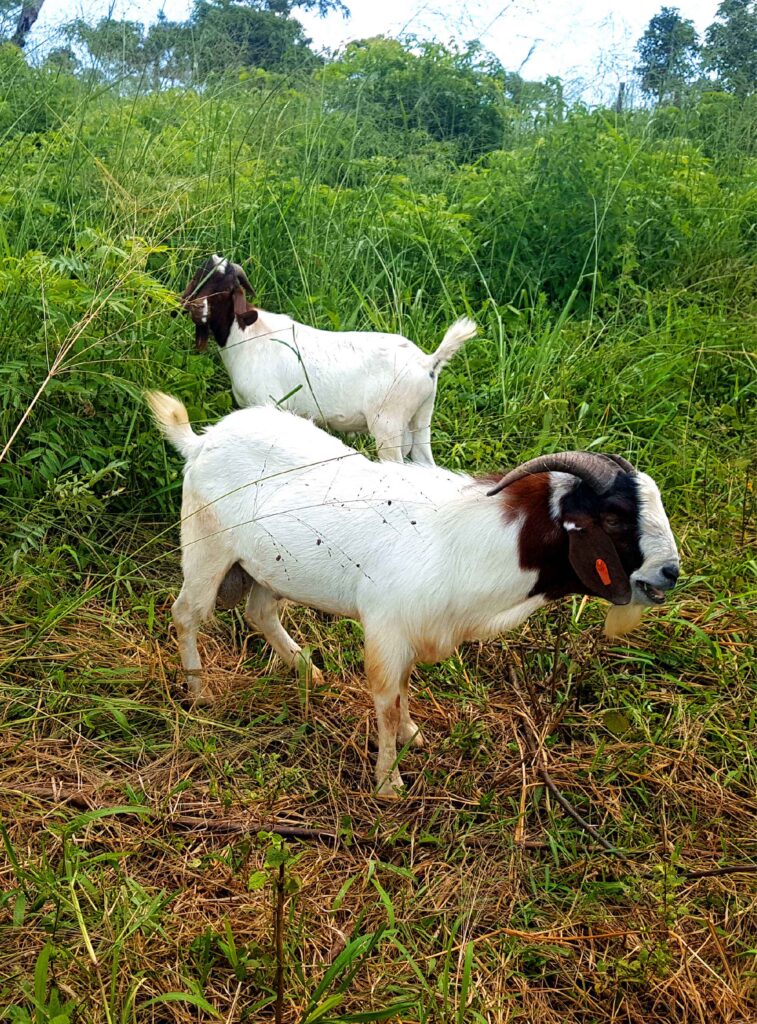

Goats
120 goats graze on an area of pasture reserved for them. The goat manure is used for the matoke and fruit trees. The young female goats are kept for breeding while the males are fattened and sold for meat. The Billy goats are changed regularly so as to prevent inbreeding.




OUR CORE Values
Quality
To delivery quality products &
services
Integrity
To honor our promises &
commitments at all times.
Respect
To value, respect &
diligently serve our customers.
Quality
To delivery quality products &
services
Respect
To value, respect &
diligently serve our customers.
Integrity
To honor our promises &
commitments at all times.

Contact us
+256 (0) 392 201 400
Katambale, Kyarusozi Kyenjojo district in Uganda
Stay at the farm and enjoy the serene environment
Clarke farm and coffee estate Copyright © 2022 Clarke farm & coffee estate All rights reserved



